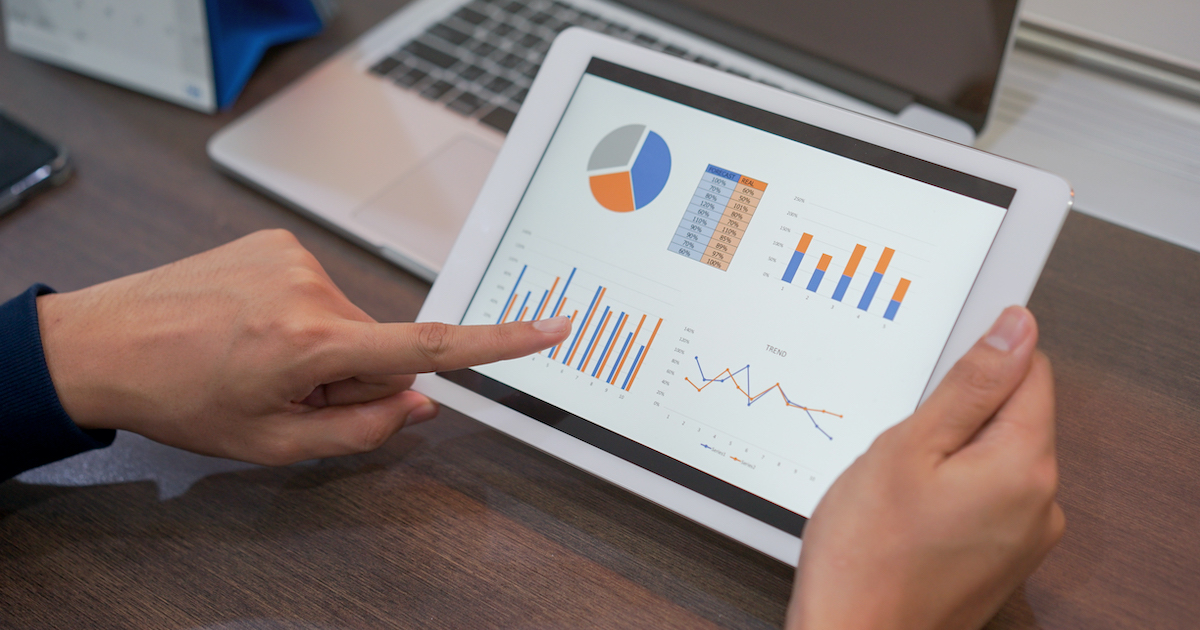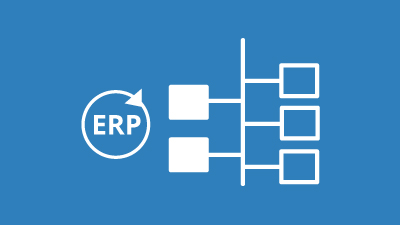The Year-End Rush: Reiterating the Value of Adopting Cloud ERP Now

Though it may still be two months away and you still have a lot to get through before the end of the year—HR departments still have to lead employees through insurance enrollment, retail companies and their value chain partners need to handle holiday rushes, and many still are yet to file PPP loan forgiveness—the year-end close is rapidly approaching.
Knowing this, the process of managing year-end close is one of the most well-known complexities for leaders. From rounding up all the financial statements to running payroll, trying to collect past due invoices, and accounting for inventory, it’s hard enough to close the books in a normal year. But remember—2020 is by no means a normal year.
This year, many business leaders are setting out to close the books from the comfort of their own homes, trying to collaborate with others in the same situation and hoping everything is accurate. Year-end close 2020 will be more challenging than others, and it’s important to understand that the strain put on your business by outdated and disconnected software is not normal, and that there is a better way in the cloud.
Following our last blog on the importance of finding an ERP solution to set yourself up for a stronger 2021, we would today like to discuss how to use the headaches of year-end, a CARES Act nuance, and a well-known expensing provision to make your move to the cloud easier and more affordable.
Understanding and Recognizing the Challenges Put on Your Business
For many business leaders, spring 2020 was a shock. What started as a good year was likely shut down overnight, leaving many companies scrambling to equip their staff with tools needed to stay connected. Collaborating in a socially distanced environment was a challenge, giving people real-time information was nearly impossible for companies using legacy software, and you likely had to embrace new processes to survive.
That said, you survived. Processes may be a bit wonky, access might be a bit touchy, and things might not flow as smoothly as they did before lockdowns hit, but you made it through.
But year-end is different. All the hiccups you were able to get past, all the bumps in the road you were able to evade may all come to a head when you’re trying to manage the monstrous amount of data that will need to be processed. Knowing this, just because the year-end close process is going to expose the flaws, it’s something you can learn from.
One of the most important parts of any ERP decision is the needs identification phase—what better time to figure out what you need than the ultimate stress test for your product and process? Use this time to document the challenges you face and take steps to find a solution that can address them.
Make the Move Now: Section 179 Expensing and the CARES Act
Just because 2020 was a tough year doesn’t mean that it hasn’t opened up a few opportunities. In fact, by taking advantage of a provision in the CARES Act and combining it with Section 179 Expensing, you can make your move to ERP more affordable.
CARES Act Impact on Net Operating Losses
One of the overlooked parts of the CARES Act was the suspension of business loss limitations put in place in the Tax Cuts and Jobs Act.
“Not only a lifeline for companies who have struggled as a result of lockdowns but a huge opportunity for undoing the damage caused by the lockdown, nearly two dozen large publicly traded companies are reporting more than $2 billion in combined tax benefits using this rate arbitrage, according to a review of securities filings.
By packing deductions into 2020, companies with past profits, current losses, and little risk of insolvency could see massive tax savings—a $1 million deduction taken in 2020 is worth up to $350,000 in federal tax savings. The same in 2021? At most $210,000.”
But what does “packing deductions” mean? Maximize your losses on paper and take advantage of the tax benefits. How? The Wall Street Journal notes that “strategies include buying deductible equipment, accelerating bonuses, contributing to pension plans and exploring accounting-method changes.”
Section 179 Depreciation Deduction
Buying deductible equipment—also known as Section 179 depreciation—is an IRS method that allows businesses to deduct the full purchase price of qualifying equipment and/or software purchased or financed during the tax year. That means that if you buy (or lease) a piece of qualifying equipment, you can deduct the FULL PURCHASE PRICE from your gross income.
This according to Section179.org, the program is an incentive created by the U.S. government to encourage businesses to buy equipment and invest in themselves.
Is Cloud ERP Eligible for Section 179?
Initially a bit of a gray area, Ernst and Young notes that in Summer 2019, the Treasury Department and IRS released new regulations addressing cloud-based transactions and other transactions involving digital content, such as gaming and social media.
As certain cloud transactions may have characteristics of both a lease of property and the provision of services, such transactions are generally classified in their entirety as either a lease or a service, and not bifurcated into a lease transaction and a separate service transaction. In this, it’s likely that you may be able to deduct some or all of your cloud transaction—so long as the purchase is completed by December 31, 2020.
Beyond saving money, there are many functionality benefits to make the switch to a modern ERP now. Learn more in 6 Reasons to Upgrade Your ERP Before the End of the Year.
The Right Partner to Help: Cloud 9 ERP Solutions
Today's business is built on improvement. The right partner is going to get to know you, your business, and its needs, and is there to configure a solution that works for you… Not the other way around.
But navigating the path to Cloud ERP is often a tough journey, but the right partner can put you in a position for success. The right partner is there for your entire business, not just to provide setup.
At Cloud 9 ERP Solutions, we don’t stop on your go-live. We're here to help you get faster payback with advice on how to account for a cloud move. As a Gold Certified Acumatica Partner, we have configured and implemented this cloud ERP solution for companies like yours and understand the unique challenges that you face throughout the decision and implementation process. View our Acumatica demo videos to learn more.



